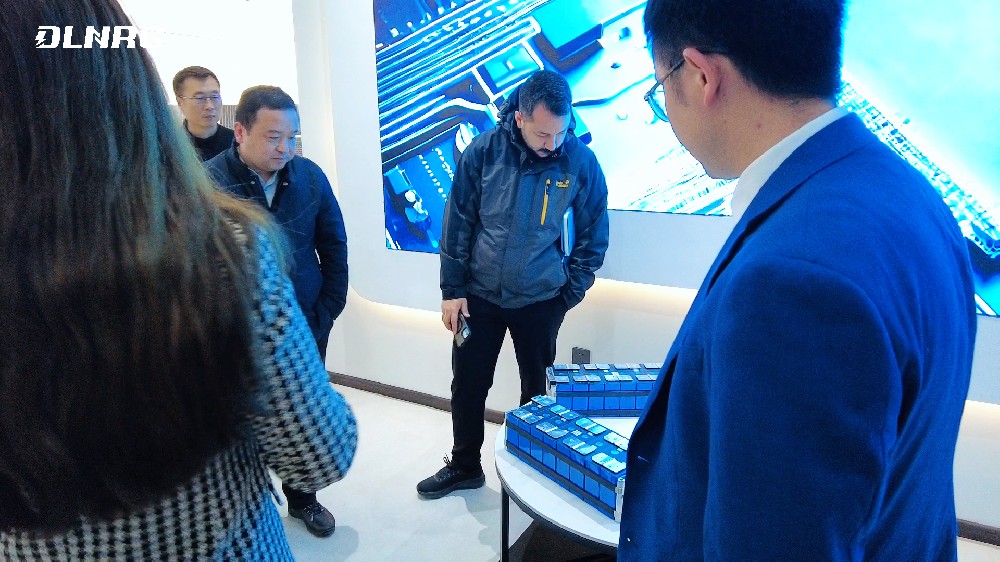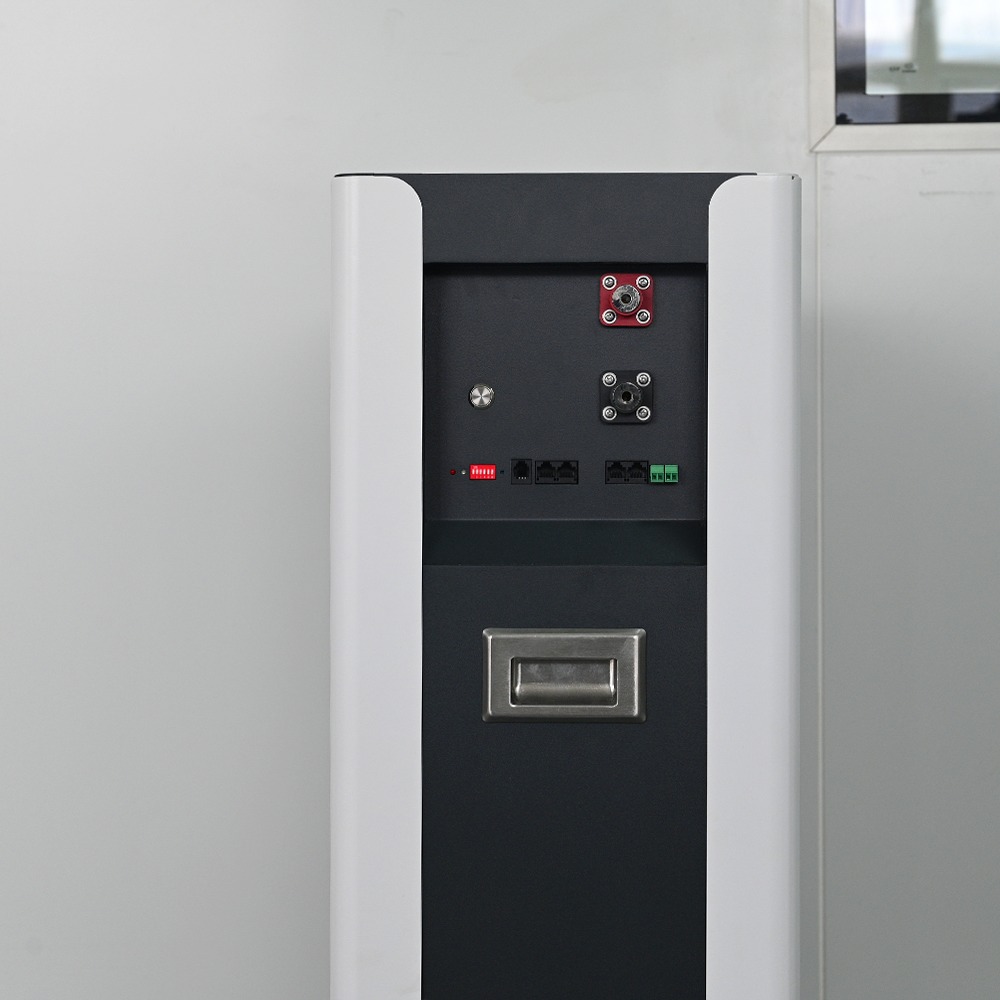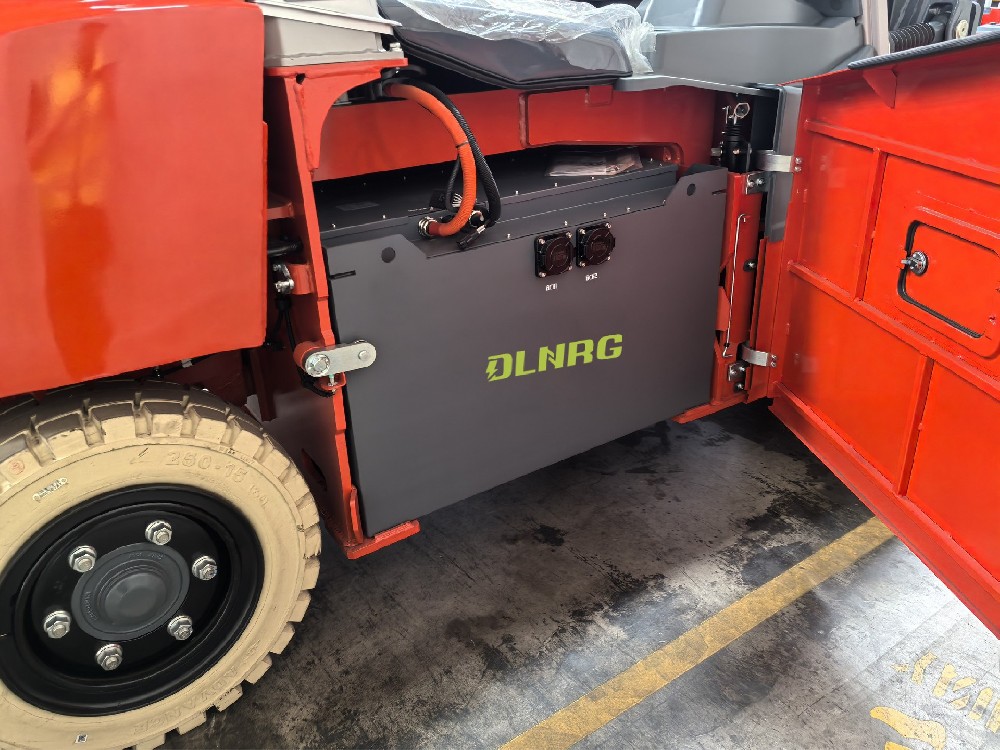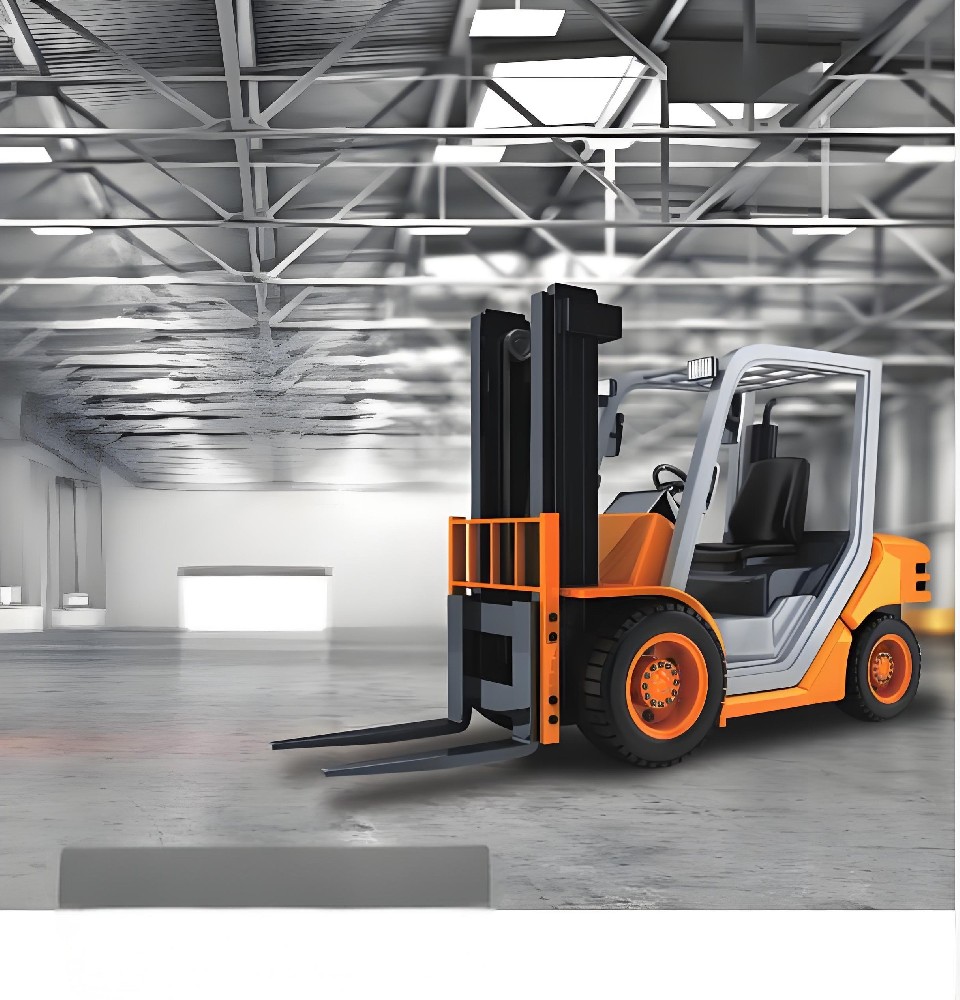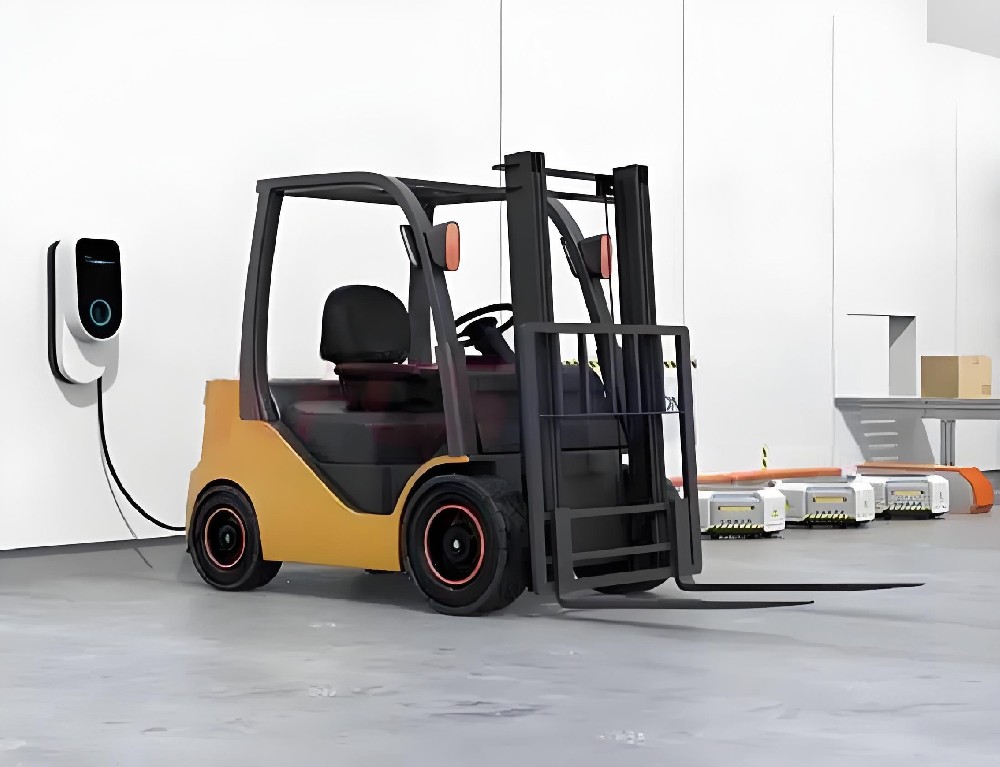Various environmental regulations subtly influence every industrial sector. These regulations primarily aim to preserve ecological integrity while supporting sustainable industrial developments. Among the many industries impacted, the forklift battery industry also stands under the effect of these regulations. Let’s delve deeper to understand what these environmental regulations mean for the forklift battery industry.
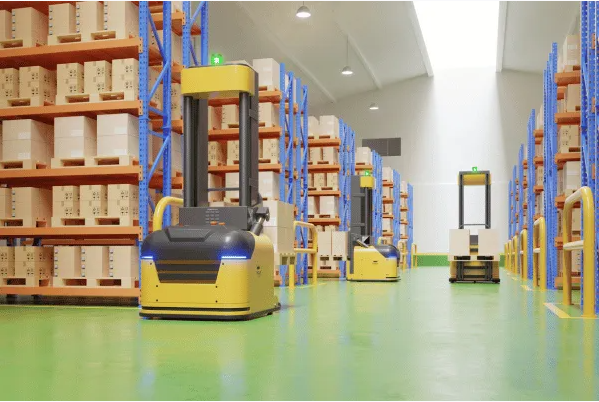
Defining Environmental Regulations
Environmental regulations encompass various federal, state, and local laws designed to protect the environment from human activities. For industries, these regulations can influence manufacturing processes, output disposal, product designs, and even operational protocols.
Possible Impacts on the Forklift Battery Industry
1. Changes in Manufacturing Processes
Typically, forklift batteries are lead-acid batteries, given their reliability and cost-effectiveness. However, lead production and disposal give rise to a host of environmental issues, triggering the intervention of environmental regulations.
These regulations necessitate changes in the manufacturing process of these batteries to minimize environmental harm. This could mean incorporating cleaner, more sustainable methods, potentially inflating manufacturing costs but ultimately leading to a greener product.
2. Advanced Product Designs
With the growing global ecological concerns and stringent environmental regulations, there’s an increased demand for eco-friendly products. The forklift battery industry may need to consider alternative battery technologies to meet this.
For instance, Lithium-ion batteries are gaining popularity given their high energy efficiency, longer lifespan, and less harmful disposal compared to their lead-acid counterparts. While Lithium-ion batteries are more expensive, customers may be more likely to opt for these environmentally friendly alternatives in response to regulations and potential future incentives.
3. Disposal and Recycling Protocols
Environmental regulations also mandate responsible disposal and recycling of used batteries. This can influence the forklift battery industry by embedding a ‘cradle-to-grave’ approach, where manufacturers are responsible for creating the product and its end-of-life disposal.
Consequently, this implies additional costs and efforts toward maintaining recycling programs. However, the silver lining is that it can also prompt the industry to devise ingenious ways to reuse and recycle components, thereby reducing the need for new raw materials and promoting a circular economy.
4. Market Expansion
The rise of environmental regulations can inadvertently lead to market expansion. Companies striving to meet regulatory demands may find new markets in green technologies and recycling programs, potentially resulting in business growth and innovation.
Regulatory Compliance Leading to Innovation & Sustainability
While complying with environmental regulations may initially seem cumbersome, it’s more like disguising a blessing. These obligations can force businesses to innovate, driving them to design more efficient, cost-effective, and sustainable batteries. This benefits the environment and helps companies stay competitive in an increasingly eco-conscious business environment.
In conclusion, environmental regulations steer the forklift battery industry towards a more excellent balance between industrial progress and ecological sustainability. While these regulations pose challenges, they also present opportunities for growth, innovation, and long-term industrial resilience.
Embracing Green Practices as the Norm
As these environmental regulatory measures are increasingly being incorporated into the modus operandi of the forklift battery industry, businesses will have to eventually treat green practices as the norm rather than just a compliance obligation. This shift towards an ecological stance helps present a more responsible brand image but also aids in attracting ethically conscious customers and stakeholders.
5. Investing in Research and Development
Investing in research and development (R&D) will become increasingly necessary to keep up with stringent environmental regulations. R&D can help discover alternate materials, optimize production processes, enhance battery efficiency, and articulate effective recycling strategies.
Simultaneously, such investments open avenues for new findings that can potentially revolutionize the industry. For instance, breakthroughs in battery technologies, such as solid-state batteries, could offer more environmentally friendly and cost-effective solutions, shaping the future of the forklift battery industry.
Navigating the Regulatory Landscape
Navigating the increasingly complex environmental regulatory landscape can be challenging. Hence, it is essential for firms in the forklift battery industry to remain updated about changing regulations and understand their implications. Active participation in relevant industrial bodies and collaboration with environmental organizations can provide insights into best practices and help maintain regulatory compliance.
Conclusion
While the immediate response to environmental regulations in the forklift battery industry may seem burdensome, a meticulously planned approach can transform these challenges into opportunities. By endorsing ecological regulations, the forklift battery industry can reposition itself towards more sustainable and innovative practices, securing its future in the ever-evolving business ecosystem. Thus, the critical question isn’t “What do environmental regulations mean for the forklift battery industry? but rather, “How can the forklift battery industry effectively leverage environmental regulations for a green and viable future?” A comprehensive answer to the latter can elucidate an exciting growth trajectory for the industry.
